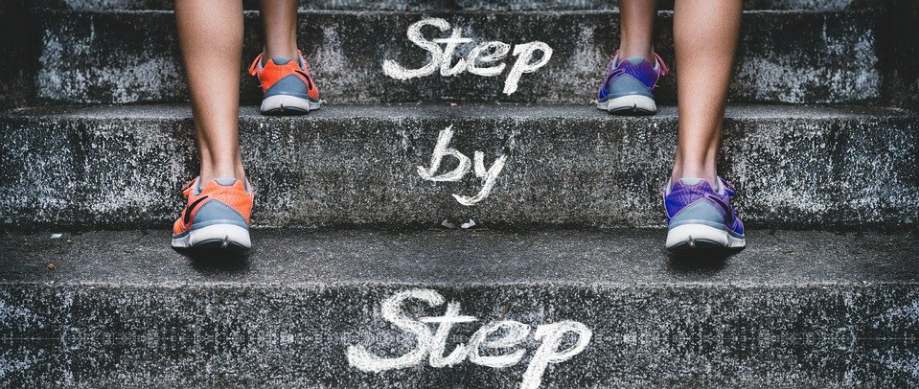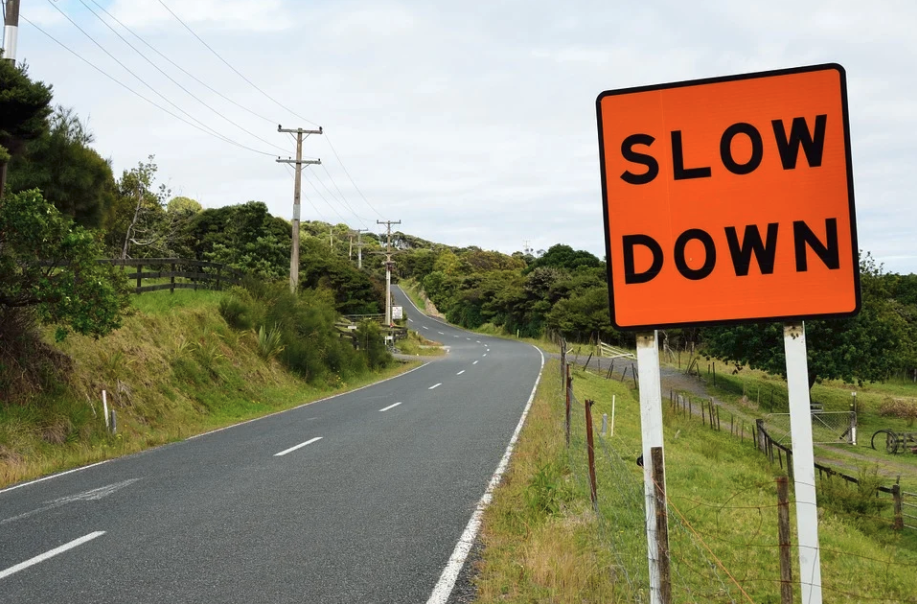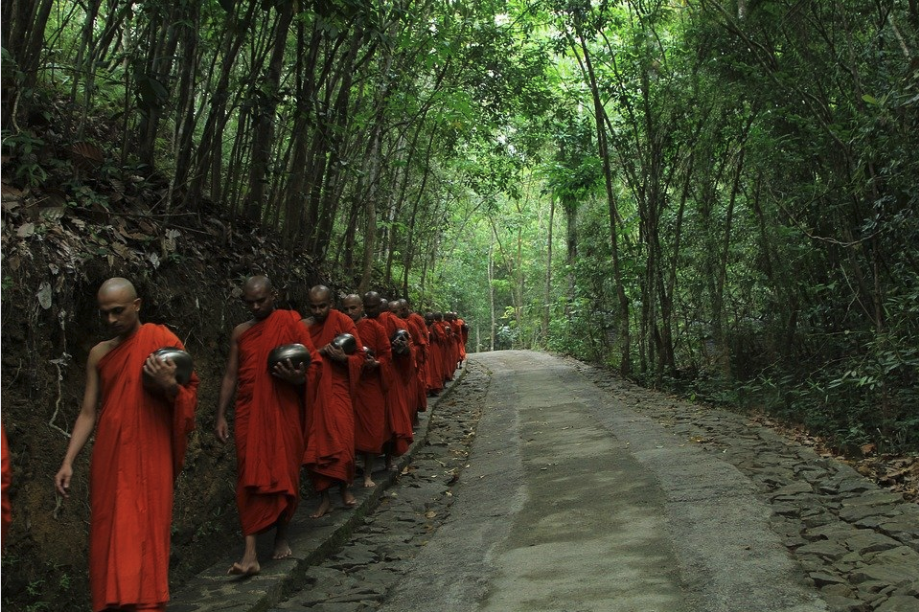
One of the complaints that my wife and I often have in our lives is that we never have time. We’re too busy. This is a reflection of modern life. Everything is moving at almost dizzying speeds.
Even 20 years ago, American society was moving fast. Commercials were constantly selling us on the latest gadgets we had to have. Cable news channels were getting better and better at hooking us in to their scrolling cycle of 24-7 news.
Today I dare say it is much worse. Mainly due to social media, it is increasingly difficult to turn off the screens that speed things up. But we must. We need to slow down in order to live fully.
The perils of rushing
Psychologist Susan Avery Stewart Ph.D. reminds us that all of our running around can raise the stress hormone cortisol in our body to unhealthy levels, raising blood pressure, compromising our immune system, and giving rise to maladies including depression, cognitive difficulties, emotional instability, and fatigue. All of that is a high price to pay for all of the busyness we accept in our lives.
On the other hand, when we slow down, we can quickly reduce these stressors and negative effects, returning to a semblance of emotional equilibrium.
Stewart offers a beautiful quote from Jerome Segal’s book Graceful Simplicity (University of California Press, 2003, p.160)
The time we give to things reflects our values. When everything is rushed, then everything has been devalued . . . To live gracefully is to live within flowing rhythms at a human pace . . . There is time to pay respect to the value of what you do, to the worth of those you care for, and to the possessions you own. Gracefulness is not possible when life is frenetic, when we are harried, or suffer from overload, time crunch, and a vast multiplicity of commitments and pressures.
The gift of aging
As we age, we can learn to focus on the things and people that are most important to us. We learn that we don’t need to have an opinion on everything. And many things we’d like to have an opinion on, we realize we don’t have time for. And that’s okay.
When I was in my 20s I had much more energy. And I spent it going in all directions at once sometimes. At the end of many days I really had accomplished nothing despite expending so much energy. It took time and discipline for me to focus my efforts in a few particular directions.
Always there were those “other things” out there pulling at me. Yet, I learned over many years that I had to let them go in order to really get good at any one thing. This is a key aspect of maturing: letting go of many directions our life might have taken. But the trade-off is worth it. We lose some things, but we gain mastery over the things we have chosen to focus on.
Slowing down to savor

In one of my past posts, I wrote about teaching my daughter the raisin meditation. The practice helps to bring us into the present moment in an amazing and fun way. And there is something especially great about being able to share the process with a 2-year-old.
Slowing down to really savor life can be done at any time though. Missoula, Montana, where I live, can get pretty gray in winter. This can send my moods and energy levels on a bit of a dive. But there are days—like today—when the sun comes out at mid-day and it is beautiful for hours. If I let myself get too caught up in activities, such wonders can slip me by. Too much of this and life itself will pass me by.
So when I can, I stop what I’m doing and just savor. Even if it is only for a few minutes, I find a way to deeply enjoy the moment. Sunshine is a wonderful reminder for me. Food is another one. Whatever we’re eating, from fast food to fine cuisine, can be savored if we take a moment to slow down for it.
RIP Thich Nhat Hanh

Last week, the world lost an amazing man: Vietnamese Zen Master Thich Nhat Hanh. He wrote over 100 books that have been translated into over 40 languages, including the bestselling The Miracle of Mindfulness, Peace is Every Step, and How to Love.
When I was in my early 20s I learned walking meditation using one of his phrases:
In, out
Deep, slow
Calm, ease
Present moment, wonderful moment
In the practice, walking slowly, we repeat this mantra as we walk. We go so slowly that each step is a full breath. Inhaling and slowly lifting the left foot and moving it forward and down, in. Exhaling and slowly lifting, moving, and setting down the right foot, out. And onward.
The practice can be a bit cumbersome at first. Moving slowly is not natural for many of us. But with time it becomes deeply powerful. The whole body begins to flow with the breath. And since we are thinking these repeated phrases, our mind rides with the breath and body as well. Ideally it becomes quite fluid and beautiful.
Simple practices like this are some of the greatest gifts that Thich Nhat Hanh gave to the world. He also offered deep analyses of mindfulness practice and Buddhist philosophy and history. And he lived a life of peace, so much so that Martin Luther King Jr. nominated him for the Nobel Peace Prize.
May we all slow down a little bit in 2022 and the years to come. We might not find the peace and wisdom of Thich Nhat Hanh, but we can still benefit from following in his steps.
 Justin Whitaker, Ph.D., holds a doctorate in Buddhist ethics from the University of London. He has given lectures, and taught Buddhist studies and Philosophy at Oxford University, the University of Hong Kong, the University of Montana, and at Antioch University’s intensive study-abroad program in India. A certified meditation teacher, he is a regular contributor to Patheos.com, and Senior Correspondent for Buddhistdoor Global. He lives in Missoula with his family.
Justin Whitaker, Ph.D., holds a doctorate in Buddhist ethics from the University of London. He has given lectures, and taught Buddhist studies and Philosophy at Oxford University, the University of Hong Kong, the University of Montana, and at Antioch University’s intensive study-abroad program in India. A certified meditation teacher, he is a regular contributor to Patheos.com, and Senior Correspondent for Buddhistdoor Global. He lives in Missoula with his family.
